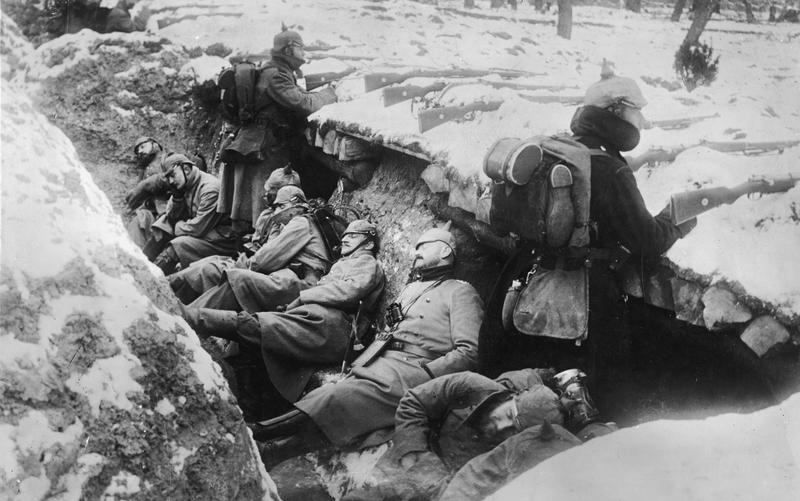Differences and Similarities: World War I and World War II
By | March 13, 2019

What provoked the First World War in history? Was it the same motivating factors that caused the Second World War or was it something totally different?
There are many theories on what started World War I. Various factors led up to the start of the war. Certain empires were trying to increase their empire, claiming more territory and therefore, more resources from those territories. As these empires were sizing each other up, tensions began to increase. All it took then was just a spark like a match to a gas-soaked log of wood to ignite the fire. That spark was the assassination of Archduke Francis Ferdinand and wife, Sophia of Austria. The icing on the cake was also Serbia fighting for independence.

With all the countries having aligned themselves with each other in various treaties, they all had a stake in what happened between the two small countries. It came down to a power struggle as one by one, more and more countries were thrown into the mix through binding agreements to defend each other. The world was split between the two groups: the Central Powers and the Allied Powers. World War I officially began in 1914 as the teams were picked. The Central Powers were Germany, Austria-Hungary, Turkey (Ottoman Empire), and Bulgaria. The Allied Powers were France, Britain, Russia, Italy, Japan, and the U.S.



However, the world did not learn from the first world war and all their good intentions of not fighting again went out the window. It was just 21 years later when World War II took place. This time the war was even more intense and lasted even longer – six years rather than four years. The world once again took sides in 1939 with Germany, Italy, and Japan on the side of the Axis Group going up against France, Britain, U.S. Russia, and China as the Allied Powers.

Hitler’s Revenge:
With Adolf Hitler as a soldier in the first world war, he saw firsthand how unprepared and outnumbered Germany was. He was definitely not happy about the outcome for Germany. Because things did not go well for them and because they had to pay for their war crimes, he wanted revenge. Not only was his motives political but he also had an idealism for an Aryan-only race. This was his motivation for attempting to wipe out the Jewish race and also because he blamed them for the war. Besides wiping out the Jews, he also wanted to take out anyone else who did not agree with his methods or who were sympathizers to the Jewish race.

The war this time was purposely started by Germany, led by Hitler, who attacked Poland, drawing in Britain and France as they retaliated. From there, it broadened once again as the Allied Forces rejoined.
More advanced weaponry was used this time with more modern tanks, submarines, airplanes, and the introduction of nuclear missiles and covert operations. One of the weapons used mostly by the western Allies during World War II was called the Bofors 40 mm gun, which was an anti-aircraft autocannon. It was highly effective as a defense mechanism for ground, naval, or air forces. Germany had come up with a new method called Blitzkrieg. Their plan was to attack and move quickly in order to be able to surprise their enemies and cover more ground.

When World War II finally ended in 1945, there were over 60 million deaths including civilians and those who died of war-related diseases and famines. It also resulted in the genocidal deaths of six million Jews. Once again, the war brought defeat to Germany and Japan; the rivalry between the U.S. and Russia as superpowers; and the United Nations were formed as another means to prevent future wars. Many of the Nazi leaders were put on trial and some were executed for their crimes against the Jews. A Peace Treaty was signed with Japan in 1951.
There are similarities between the two wars. In both wars, a certain group of people were singled out for genocide. In both wars, certain empires were attempting to achieve world domination. The differences between the two wars are that, in the first one, it was more about domination of land and resources and in the second one, it was more about ideologies and creating a communist society.
Has the world finally learned from the first two wars or is there yet another war on the horizon? A Third World War? Will people ever be able to live in peace with one another?

